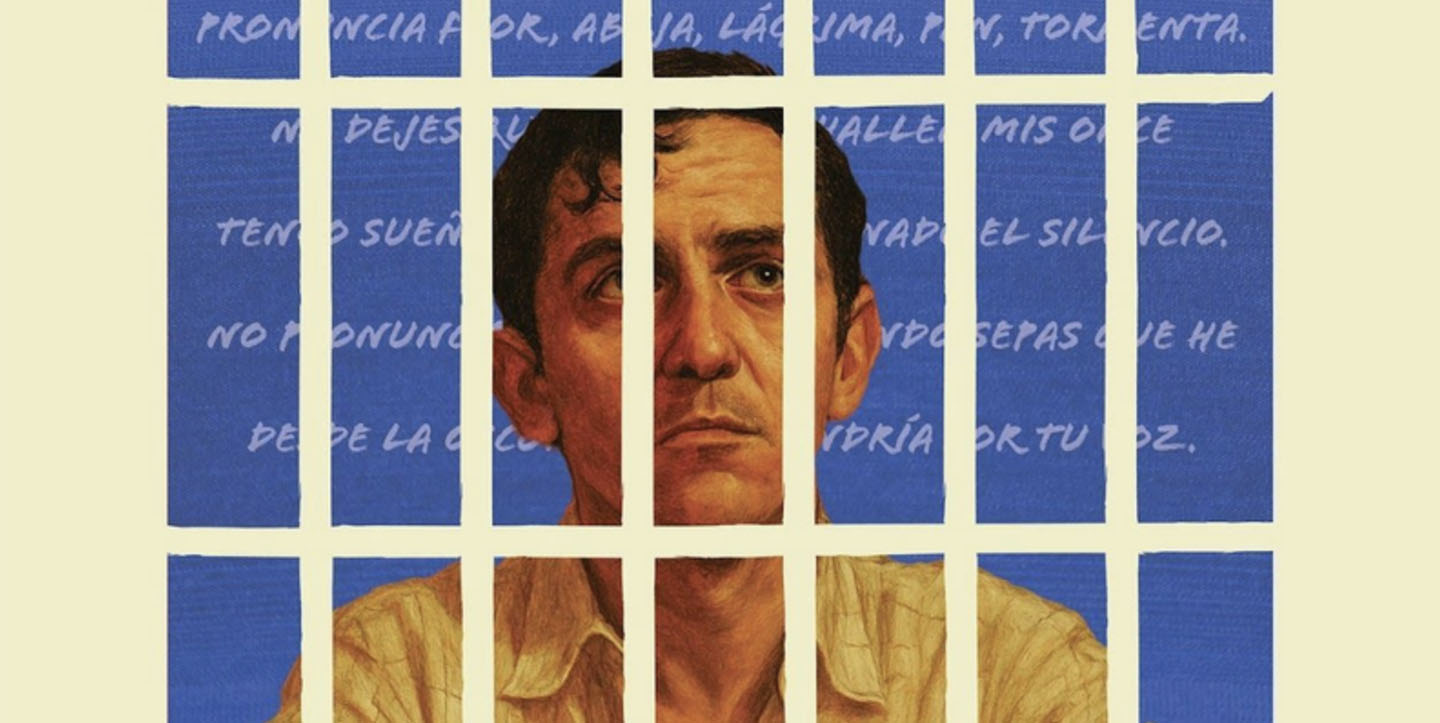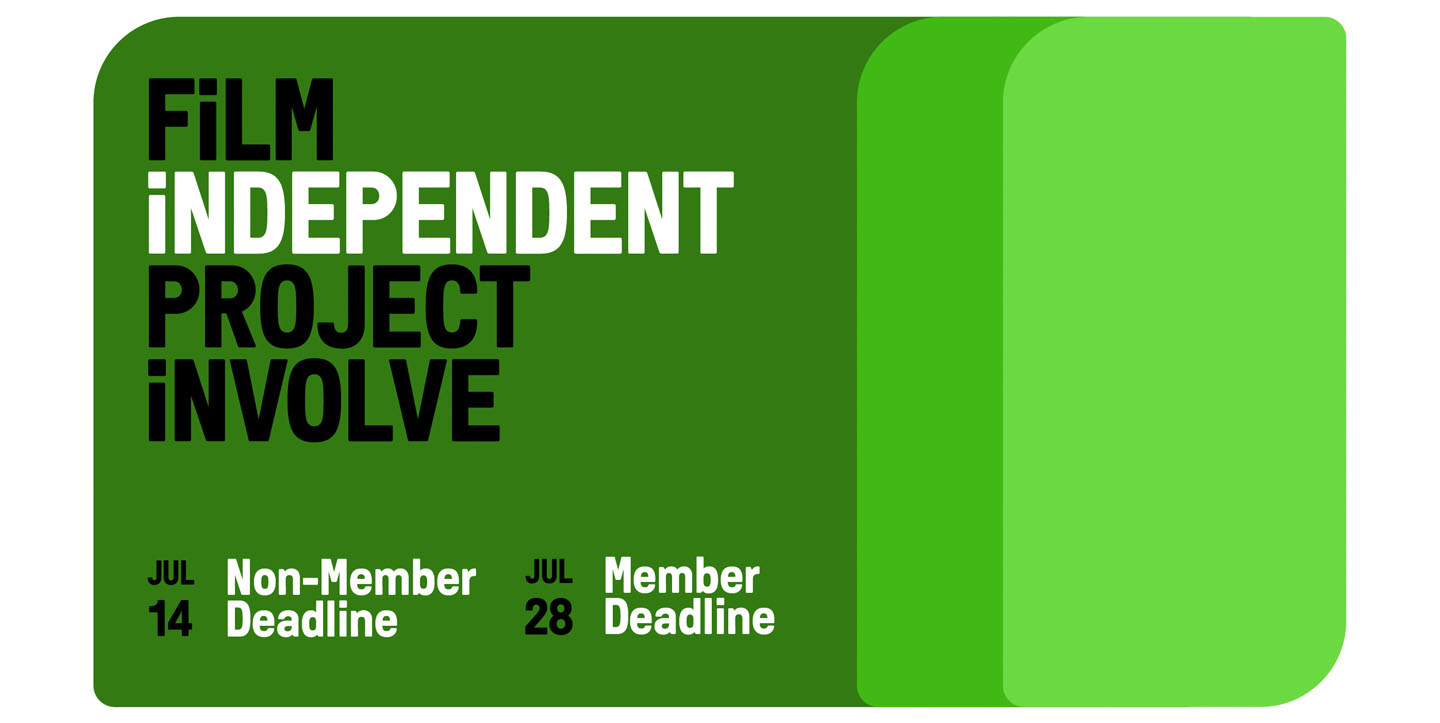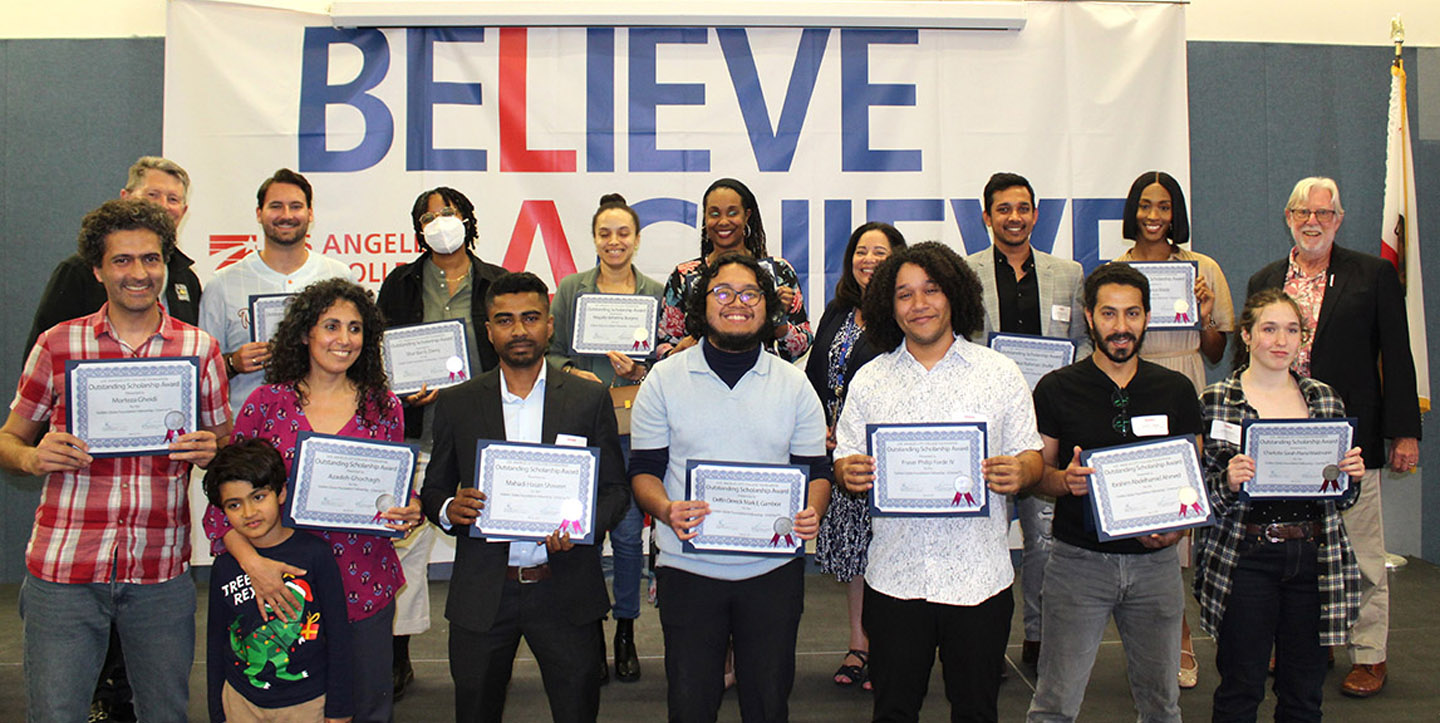Watching a seven-hour movie over the course of two days is no challenge for today’s Netflix binge-watchers, and with a 250-piece orchestra and numerous intervals to lighten the load, attendees at the restoration premiere of ‘Napoleon by Abel Gance’ left La Seine Musicale in Boulogne-Billancourt, France delighted on Friday.
The screening was the culmination of a 16-year restoration effort, completed with funding from the Golden Globe Foundation, which started in 2008 when researchers at the Cinemathèque française in Paris discovered reels of the film in Abel Gance’s archives.

Restoration specialists from the Cinemathèque française were in attendance along with its president Costa-Gavras, who had previously described the film as “a lyrical poem, a testament of one man’s passion for another”. Georges Mourier, the director and researcher hired to oversee the restoration for the Cinémathèque française, described the film as “a monster.”

Over 250 musicians from the National Orchestra of France, the Radio France Philharmonic Orchestra, and the Radio France Choir, accompanied the silent film, under the direction of Frank Strobel. Beethoven’s Heroic Symphony and “La Marseillaise,” the national anthem of France, were played.
Clarisse Gance, daughter of Abel Gance, was also in attendance. “I had the feeling that my father was next to me,” she said after watching a preview of the film’s first half at Cannes Classics on Tuesday, May 14, 2024.

French Journalist and Golden Globe Foundation Treasurer Henry Arnaud spoke with director and Cinémathèque française President Costa-Gavras about the epic project:
Great American actors like Dustin Hoffman and John Travolta as well as legends of French cinema such as Yves Montand and Simone Signoret have filmed under his direction.
At 91 years old, Costa-Gavras is one of the most respected and renowned directors in world cinema. President of the Cinémathèque Française which is at the origin of this project, he speaks to us exclusively about the restoration of the 1927 film “Napoléon” by Abel Gance, the first part of which was screened in world premiere at the Cannes Film Festival 14 May, just before the official opening ceremony of this 77th edition.
Why did you choose to launch this major restoration project of Abel Gance’s “Napoleon”?
I have always thought that the Cinémathèque Française must have major projects, particularly in the preservation of great works of the 7th art. But it took me years before I was able to make this project a reality. It’s quite simple, I was appointed president of the Cinémathèque Française for the second time in 2007 and we only started work on the restoration of “Napoleon” in 2017. What I didn’t realize when launching this idea was the colossal work that had to be carried out at all levels, starting with the search for the film reels. We hired researcher and director Georges Mourier who has been passionate about this work by Abel Gance for decades. He had known him at the end of his life before Gance’s death in 1981. He traveled around the world to succeed in finding scraps of film because the original edit had completely disappeared. It therefore took us seven years to complete this with the support of the CNC and the Ministry of Culture.
In your opinion, why is this a major film in the history of the 7th art?
When I studied at film school, we talked a lot about Abel Gance. He was an extraordinary character who was still alive when I was a student. So we saw him here and there and he was preparing other projects. But let’s say that he was a bit folkloric and not yet considered a great director. When I saw “Napoleon” for the first time, years later, I was shocked. It was in the 1980s at the Palais des Congrès in Paris in a room with 3,500 seats. People were enthusiastic and it was overwhelming. The version at the time was 4h40 long and was made by Kevin Brownlow, a great historian on the history of silent cinema.
What was the biggest challenge in restoring this film?
The challenges were multiple. I must of course tell you about the financing of this restoration which cost more than 2.5 million euros. The financial assistance from the Golden Globe Foundation was more than valuable in successfully carrying out this mammoth work. Thank you for this support. As I told you, Mourier did real detective work to find what still existed, outside the archives of the Cinémathèque Française. And everything was in very bad condition. From Germany to Italy via Denmark and the former Yugoslavia, there were pieces of film everywhere and it was a real work of art to reconstruct the work. The other huge challenge was the music. The Franco-American composer Simon Cloquet-Lafollye has imagined a new score using more than 140 pieces of classical music which blend perfectly with the images, including Beethoven’s Eroica Symphony and “La Marseillaise” orchestrated by Berlioz.
As a director, what seems admirable to you in the staging of this Napoleon?
All. “Napoleon” is one of the last silent films since it was released a few months before the appearance of talking cinema, but it remains a world masterpiece, particularly for its numerous innovations in staging. Our luck was to find in the archives of the Cinémathèque in Paris an editing script made by Abel Gance himself. Much more than a restoration, it is therefore a reconstruction as Gance would have wished since we followed page after page what he had written for the ultimate version of his film. As a director, what I appreciate most in this work is that this Napoleon is not the historical story but a version dreamed up by Abel Gance. There are historical truths in the film but above all it is his passion that we see on screen. It’s very personal, very poetic and that’s what I find admirable.
What can we say about the two exceptional evenings that you are preparing for July 4 and 5 in Paris at the Scène Musicale around Napoleon?
This is a unique event because the film has never been shown like this. This will be an exceptional symphonic film concert with more than 250 musicians on stage. Abel Gance was only able to show half of his film at the Opéra Garnier at the time; it was a colossal success. Since then we have cut it into pieces. In America, the version that was originally shown was only an hour and a half long, so you can imagine how much was ditched from the original. It was a disaster! On July 4 and 5 at the Boulogne-Billancourt Musical Stage, we will have the National Orchestra of France, the Radio France Philharmonic Orchestra and the Radio France Choir, under the direction of Frank Strobel, who will provide musical accompaniment to this film-opera. The first part of 3h40 will be screened on July 4 and the second part of 3h25 the next day, July 5.
Did you manage to preserve the final triptych of the film?
Of course, this has long been one of the challenges of organizing a screening of “Napoleon.” It was impossible to easily find cinemas with 3 projectors for the final 20 minutes where the action takes place on 3 screens simultaneously.
Will the restored version of this masterpiece be presented at other festivals or other venues around the world?
It’s my aim. My idea is to organize concert screenings in several countries by broadcasting the film on the big screen with an orchestra playing live in the room. Later, “Napoleon” will be available on Netflix since the platform is also one of our partners in financing this restoration.

You have been president of the Cinémathèque Française for more than 15 years and you are currently organizing an exhibition in Paris around the works of James Cameron; why?
I have always thought that the Cinémathèque should be a place open to the general public. Years ago we set up an exhibition around Louis de Funès, an actor very famous for his comedic films. It had been a huge success. We were thinking about another idea and I simply wrote to James Cameron to ask him if he might be interested in exhibiting his sketches, paintings, costumes, props and other objects from these legendary films. He replied “banco” and this exhibition, “The Art of James Cameron,” can be visited in Paris until January 5, 2025.
Doesn’t your role at the Cinémathèque prevent you from launching into new productions?
No because I like to take my time before filming a new project. I only need to write and produce when a subject touches me deeply, which is the case recently. For me a film must be a love story because I invest two years or more of my life in it. Instead of holding me back, the Cinematheque is something that stimulates me because this role of President allows me to see a lot of films which make me want to direct even more. In our modern society, everything moves very quickly, too quickly, while the Cinémathèque allows us to screen films from the four corners of the world which could otherwise go completely unnoticed.
From Yves Montand to Romy Schneider via Jack Lemmon and Sissy Spacek, you have shot great films such as “Z,” “The Confession,” “Missing.” Your feature films made several decades ago still seem relevant today. What do you think?
Yes I think so. In the early 80s, I directed “Hanna K” which was about Israeli-Palestinian issues. At the time, I was criticized and told that I didn’t know what I was talking about when there were already obvious elements that can be found in the current situation in the Middle East.
When will Costa-Gavras return behind the camera?
This is the first time I’m talking about it but I’ve just finished filming my new film and I’m currently in post-production, hoping for a big screen release this fall.
What can you tell us about it?
Without wanting to go into details because it’s too early, I can tell you that the subject is life and death. There are major debates in France currently about laws to assist at the end of life. Many people refuse to talk about it even though we all go through it one day. The most important thing is to have a dignified death. Talking about it, even when you are young, allows you to accept this stage. We are not eternal, we must think of others and our society needs to look at this.
Finally, director Park Chan-Wook is preparing a remake of your 2005 film, “The Ax.” What was your reaction?
He contacted me to ask for my permission and I immediately accepted because I found the idea interesting of having this great Korean director who will adapt this story around unemployment and the human tragedies that this entails.
‘Napoleon by Abel Gance’ will be released in French cinemas and shown on France Télévisions and Netflix. The film was reconstructed and restored by the Cinemathèque française with the support of Fondation Napoléon, Netflix, the laboratory Éclair Classics/L’Image Retrouvée, CNC – Centre national du cinéma et de l’image animée, Michel Merkt, TransPerfect Media, Aline Foriel-Destezet, Golden Globe Foundation, Ministère de la Culture, Micèle Ray-Gavras, The Foundation of Friends of the Cannes Festival, Centre National de la Musique, Radio France, Sacem, and France TV.
Click here to learn more about the restoration.




